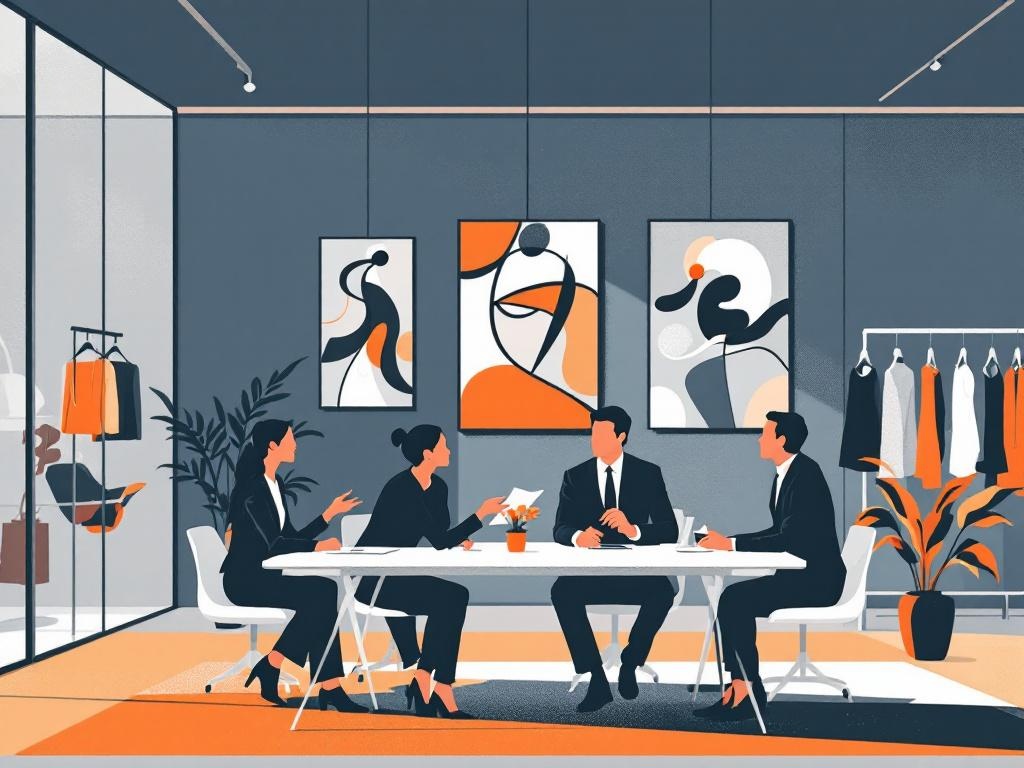NFTs and Copyright: Mango's Legal Confrontation with Artistic Heritage

Barcelona, donderdag, 26 juni 2025.
In a groundbreaking legal ruling, fashion chain Mango has been found guilty of unauthorized use of artworks by Miró, Tàpies, and Barceló in its NFT collection. The Barcelona court has created a crucial precedent for digital art rights in the metaverse. VEGAP, the rights organization, won the case and forced Mango not only to destroy the NFTs but also to pay damages of €750,380.21. This ruling emphasizes the increasing complexity of intellectual property in digital environments and warns companies against unauthorized reproduction of artworks without explicit permission from rights holders.
Legal Background of the Case
The lawsuit between Mango and VEGAP reveals a complicated legal battle surrounding digital art rights. In May 2022, Mango exhibited original artworks in its New York branch, which were subsequently transformed into animated compositions and NFTs distributed across various digital platforms [1]. VEGAP, the organization representing the artists’ rights, identified violations of multiple intellectual property rights, including reproduction, transformation, and public communication [2].
Legal Developments
Initially, the complaint was dismissed in January 2024 by the commercial court in Barcelona, with Mango being acquitted [1]. However, VEGAP appealed, ultimately resulting in a groundbreaking ruling by the Provincial Court of Barcelona [2]. The court ruled that Mango was guilty of violating both economic and moral copyrights [3].
Consequences for Mango
The court imposed strict obligations on Mango: immediate cessation of illegal activity, destruction of all NFTs and derivative materials, and publication of the ruling on their website and social media [1]. Additionally, the company must pay damages of €750,380.21 to VEGAP [2]. Mango has announced its intention to appeal to the Supreme Court [3].
VEGAP’s Response
Javier Gutiérrez, VEGAP’s Director-General, considers the ruling a ‘resounding victory’ that forms a historic extension of legal protection for visual artists in virtual environments [1]. The organization emphasized that using artworks as part of a marketing strategy without prior licensing is not only a violation of property rights but also damages the image and cultural heritage of the artists [2].